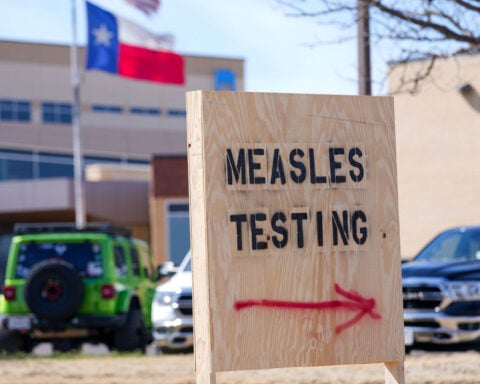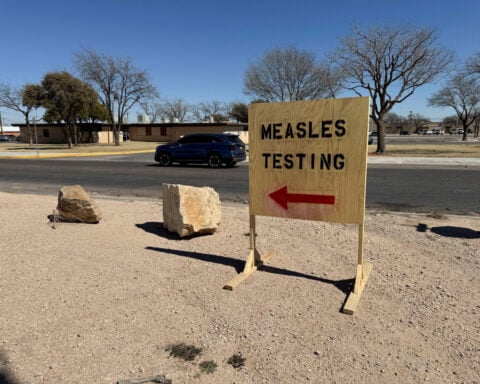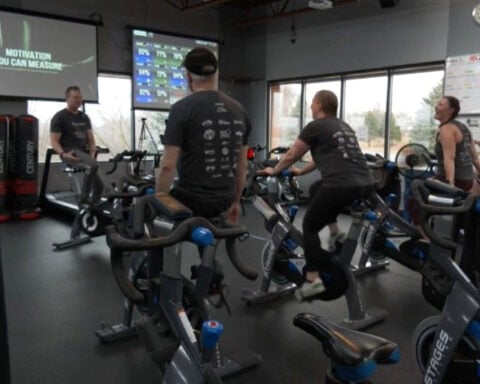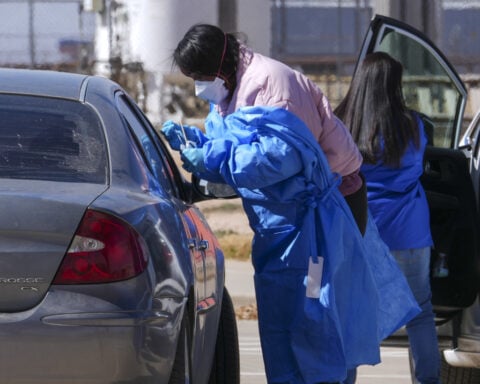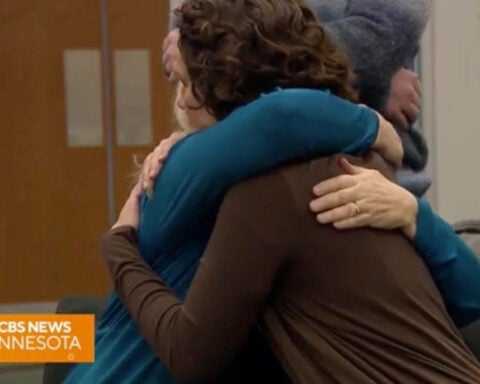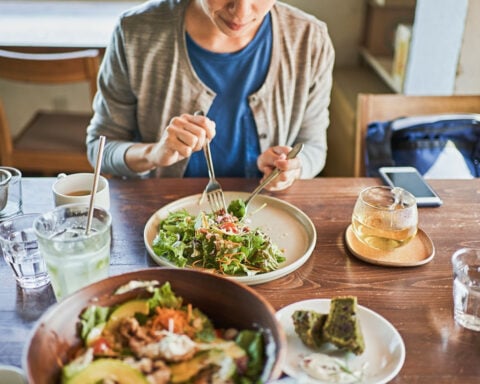Self-checkout lanes are on the rise, and while most customers prefer the privacy of self-checkout, experts have argued that increased reliance on automated transactions chips away at critical social bonds. According to Catalina Marketing, self-checkout now accounts for nearly 40% of checkout lanes at grocery stores.
Research reveals the number of lonely Americans has risen steadily since self-checkout's emergence. With less daily interaction between customers and frontline workers, so-called "weak ties" that boost wellbeing fade. And 75% of Americans say innovations like self-checkout have decreased social skills despite their convenience.
Toni Antonucci, a University of Michigan psychology professor, explains weak ties provide feelings of importance and humanity through small talk and familiarity. But with technology replacing many cashier jobs, these casual bonds are fading. The Bureau of Labor Statistics says that the number of cashier jobs will drop by 10% over the next ten years, meaning the loss of about 335,000 more jobs.
Companies like Amazon are trying out stores with no cashiers, depending only on cameras, sensors, and apps to find items and charge customers automatically. The technology increases efficiency but removes human interaction from the retail experience. Although 62% of Americans like replacing face-to-face contact with technology, 75% feel it has decreased social skills.
While self-checkout may reflect broader societal shifts towards isolation, simple solutions exist to rebuild community feeling. Choosing human-operated lanes more often could help preserve cashier jobs while regaining weak tie benefits. Making small talk about shared experiences seems minor but acknowledges humanity in cashiers and customers alike.
While self-checkout may reflect broader societal shifts towards isolation, simple solutions exist to rebuild community feeling. Choosing human-operated lanes more often could help preserve cashier jobs while regaining weak tie benefits. Making small talk about shared experiences seems minor but acknowledges humanity in cashiers and customers alike.
The rise of self-checkout is just one manifestation of increasing automation and technology usage across many industries. From automated phone systems to online shopping and food delivery services, daily life involves fewer opportunities to interact with others. Even before the COVID-19 pandemic, trends showed Americans spending more time alone and reporting fewer close friends or confidants.
With remote and hybrid work reducing in-person interactions among colleagues, isolation appears to be a significant wellness issue. Former US Surgeon General Vivek Murthy labeled loneliness an "epidemic" in one of his final reports before leaving office in 2017. The average American now spends about 24 more hours alone per month compared to 2003.
This pervasive shift coincides with mounting evidence of health risks linked to persistent loneliness and lack of social connection. Researchers have found long-term isolation comparable to smoking 15 cigarettes a day in elevating mortality risk. Other associated conditions include dementia, depression, anxiety, heart disease, stroke, and suicidal behaviors.
"We have a public health crisis on our hands, and it’s loneliness," said Murthy. "For the sake of our collective well-being, we must prioritize building social connections." Yet, taking action against isolation depends greatly on individual choices and community participation. Short of abandoning modern technologies and automation, solutions require the intention to engage strangers and nurture relationships.
In retail spaces, consumers can opt for human cashiers when available; brief conversations during checkout may enhance the well-being of both parties. More broadly, patronizing small businesses over corporations reduces outsourcing jobs to robots and software. Prioritizing in-person shopping sustains community hubs and preserves economic stability.
Neighborhood initiatives can cultivate social ties, from organizing exercise groups to coordinating skill-sharing workshops. Seeking out public parks, recreation centers, religious spaces and other community focal points opens interaction possibilities. Simply smiling, waving or chatting briefly when passing people day-to-day makes a surprising difference.
At the policy level, city planning should emphasize accessible and inclusive common spaces to complement living areas. Zoning for mixed commercial and residential districts enables residents to walk to stores and services easily. High costs of living which stratify socioeconomic classes into separate suburbs, also require addressing - affordable housing must link to transport enabling connection across neighborhoods.
Legislation around automation and technology should consider societal impacts alongside efficiency and progress. Governments can provide economic relief for workers displaced by self-checkout machines, purified water devices, and similar innovations that squeeze jobs. Labor policy might also mandate basic social interaction standards within service industries to avoid depriving consumers of human contact.
Academic research into countering isolation deserves expanded funding as well. New insights around behavioral nudges, social network dynamics, and the psychology of loneliness could shape more
comprehensive public health programs. Though befriending strangers appears unrealistic for many, a better understanding of why some individuals overcome solitude more readily is invaluable. Experimenting with integration frameworks that bridge social divides without requiring direct friendship could produce breakthroughs.
Fundamentally, addressing the interconnected crises of jobs lost to automation and lives diminished by isolation relies on collective responsibility. Individuals must summon the courage to reach out across historical barriers, corporations must temper profit-driven algorithms with ethical guidelines around wellness, governments must rethink 20th-century policy for 21st-century lives.
Due to governmental inaction, social technology, and economic systems, moving forward is likely to be challenging. The cost of doing nothing is much higher than the cost of taking action, considering the link between isolation, illness burden, and increasing death rates.

 Trump has begun another trade war. Here's a timeline of how we got here
Trump has begun another trade war. Here's a timeline of how we got here
 Canada's leader laments lost friendship with US in town that sheltered stranded Americans after 9/11
Canada's leader laments lost friendship with US in town that sheltered stranded Americans after 9/11
 Chinese EV giant BYD's fourth-quarter profit leaps 73%
Chinese EV giant BYD's fourth-quarter profit leaps 73%
 You're an American in another land? Prepare to talk about the why and how of Trump 2.0
You're an American in another land? Prepare to talk about the why and how of Trump 2.0
 Chalk talk: Star power, top teams and No. 5 seeds headline the women's March Madness Sweet 16
Chalk talk: Star power, top teams and No. 5 seeds headline the women's March Madness Sweet 16
 Purdue returns to Sweet 16 with 76-62 win over McNeese in March Madness
Purdue returns to Sweet 16 with 76-62 win over McNeese in March Madness



